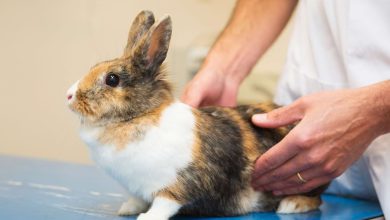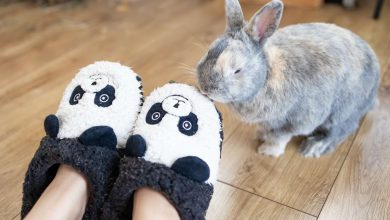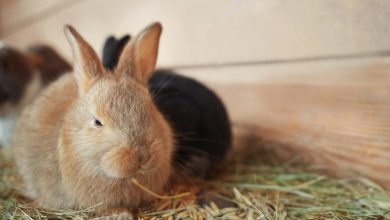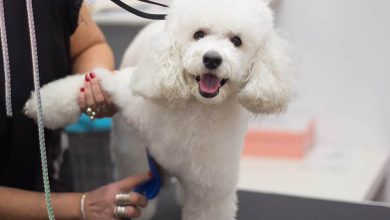How to Find a Good Guinea Pig Veterinarian
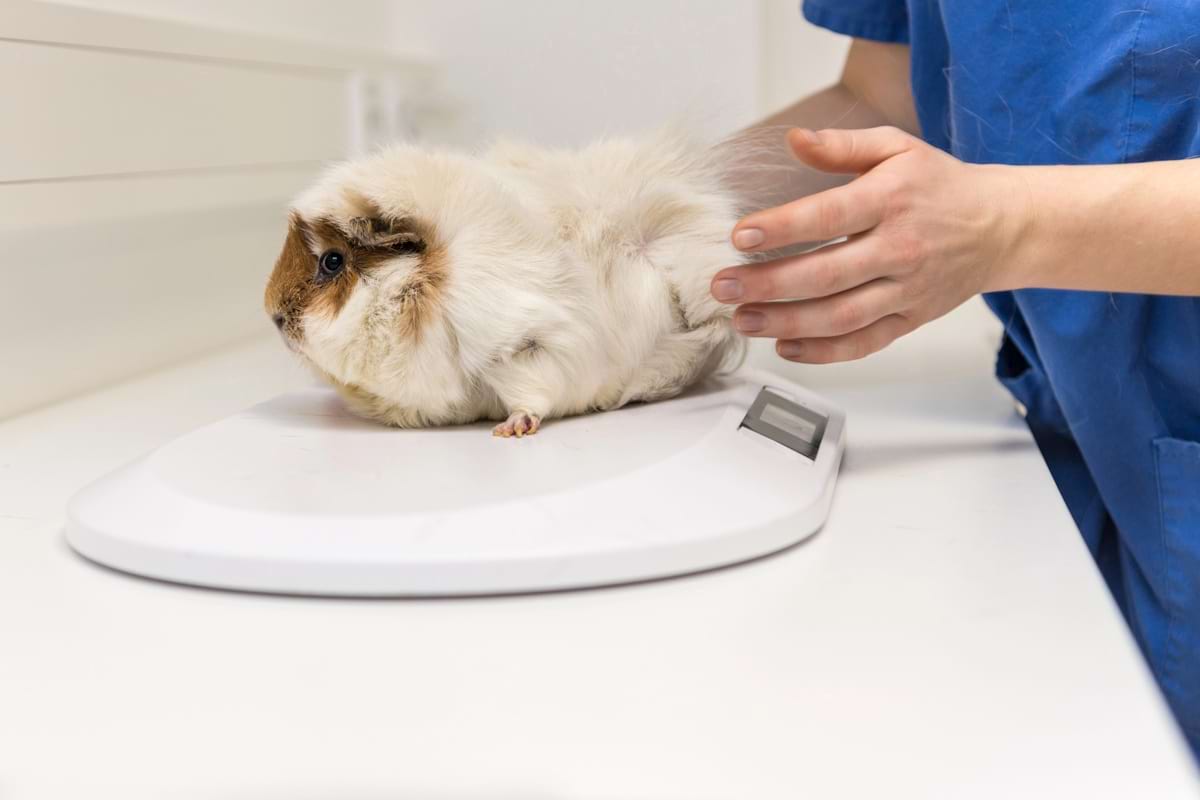
Finding a good guinea pig veterinarian can be difficult, as most vets don’t have the qualifications to treat guinea pigs. Look for an exotic pet vet, not a regular dog and cat veterinarian. Avoid vets who give poor care advice, recommend fasting your guinea pig or limiting their hay, or who don’t adequately answer questions you have about your piggy’s health.
In this article, we’ll take a deeper look into what makes a good guinea pig veterinarian and how you can find one in your area.
Do Guinea Pigs Need to Visit the Vet?
Your guinea pig should always have a primary veterinarian. Like for humans, it tends to take longer to get an initial appointment–and some vets aren’t taking new patients at all.
If you wait until your guinea pig is sick, you might not be able to make an appointment in time to help them. Guinea pig illnesses often progress rapidly.
This is just one reason why guinea pigs should see the vet as soon as possible after adoption. They should also have a checkup once to twice a year, a sick visit whenever they show symptoms of illness, and regular at-home health checks.
Ideally, you’ll research vets nearby before adopting your new guinea pigs. But whether you’re researching prior to adoption or now that your guinea pig is sick, we have you covered in this article.
Why Guinea Pigs Shouldn’t See Cat and Dog Veterinarians
Many cat and dog veterinarians will take on guinea pigs as clients, but this isn’t ideal. This is because they don’t have the same education as exotic pet veterinarians nor as much hands-on experience with pets like guinea pigs. They spend most of their days seeing dogs and cats!
Some of these veterinarians may do well with guinea pigs, but for others their lack of education can cause them to give poor advice. For instance, I’ve seen a few piggy parents talk about their vet recommending fasting before a surgery. This is standard practice for dogs and cats, but could kill a guinea pig by causing GI stasis.
It’s also fairly common for a non-exotics vet to simply not know what to do to help a guinea pig, especially with more complex cases. Or, they might dismiss symptoms that aren’t as serious in the animals they’re used to seeing, but are emergent for guinea pigs–such as not eating for a number of hours.
Exotic pet veterinarians typically see a lot of guinea pigs, since they’re pretty common exotic pets. They also have more specialized education to help them diagnose and treat guinea pigs accurately.
How to Find an Exotic Pet Vet for Your Guinea Pig

I’ve noticed personally that when I try to Google “exotic pet vet near me” or similar, that a bunch of non-exotic pet vets appear. Unfortunately, it’s just not a good way to find them.
Luckily, there’s this list of exotic pet veterinarians that you can search to make things easier. Type in your address, or just your city or zip code, and select how far you want to search.
Keep in mind that exotic pet vets aren’t as common as those for dogs and cats. You might have to travel a ways to get to one–but it’s worthwhile, and the cost we take on when we adopt exotic pets who need specialized care.
Another way you can find exotic pet vets is to get recommendations from others who have guinea pigs. This might be a friend or someone in a guinea pig community online. (For instance, Scotty’s Animals has a list of vets recommended by his community.)
Not all exotic pet vets are created equal, and some have more knowledge about guinea pigs in specific. This can help you to find someone who is already trusted by piggy owners!
Red Flags in Guinea Pig Veterinarians
1. They Give Poor Care Advice
Some vets offer outdated or incorrect care advice, especially for pocket pets. This may include suggesting bad products such as vitamin C drops or salt licks. Maybe they recommend poor housing advice such as a cage below minimum requirements, housing a guinea pig alone, or keeping them with a rabbit companion (which can cause injuries and illness).
If your vet doesn’t keep up-to-date on basic care, I’d recommend finding someone new. If they aren’t knowledgeable about the basics, how can you trust their medical expertise?
2. They Recommend Weight Loss or Restricting Food
Guinea pigs can be too fat, but it’s not common–especially if they’re fed properly. A good vet may recommend feeding a better diet or limiting pellets, but they aren’t going to recommend feeding less hay, for instance.
Good veterinarians know that guinea pigs need to eat constantly. Just 6-8 hours without food can make their digestive system shut down, which can be deadly.
3. Restricting Food Before Surgery
Similarly, you should run from any veterinarian who recommends fasting your guinea pig before a surgery. This is dangerous and indicates that they don’t know the animal well enough to be treating them.
For many animals, including people, fasting before surgery is recommended because it makes surgery safer. However, a human or a dog doesn’t digest food like a guinea pig! We eat meals, while guinea pigs need to be eating constantly to keep their guts moving.
4. Brushing Off Serious Symptoms
If your guinea pig has nasal discharge and is wheezing, your veterinarian shouldn’t dismiss these symptoms as a cold. Guinea pigs are prone to upper respiratory infections and pneumonia, both of which can be deadly without prompt treatment.
Similarly, your vet should take weight loss and lack of appetite incredibly seriously. Guinea pigs are tiny animals that can go downhill very quickly once they start losing weight and, as we previously discussed, their guts can stop moving if they don’t eat constantly.
5. They’re Unable or Unwilling to Answer Your Questions
Your veterinarian should take their time with you and your pet, provide a thorough exam, and answer any questions you have about your guinea pig’s diagnosis and treatments.
It’s important to advocate for your guinea pig and yourself. If you don’t understand something, a good vet has no problem explaining.
Of course, your vet can’t do things like diagnose your pet without running tests first to see what’s wrong. Especially in complex cases, they might not have answers right away–but they should be willing and able to seek them out, so long as you’re also able to afford the diagnostics needed.
But if your vet won’t answer simple questions, you should definitely find another!

Finding a vet can be challenging for exotic pets like guinea pigs, but I hope this post has helped you learn where to find a good vet and when to walk away if the vet isn’t a good fit.
Remember to look for a veterinarian who specializes in exotics, is knowledgeable about guinea pig care, and answers questions in a way that allows you to understand what’s happening with your fur baby’s health.
